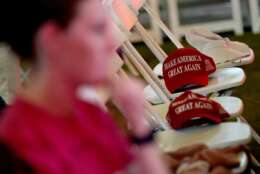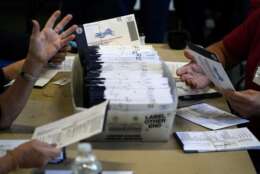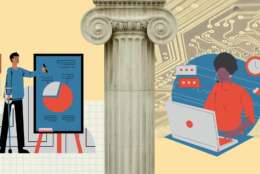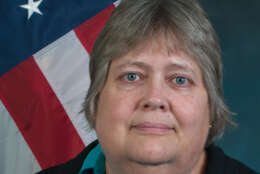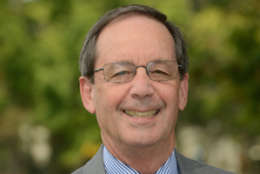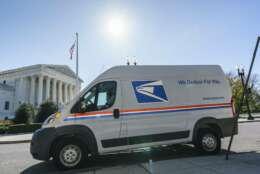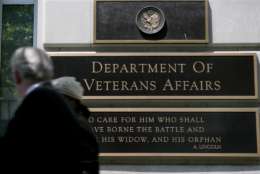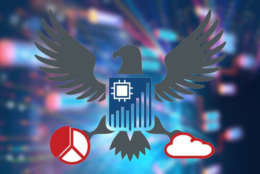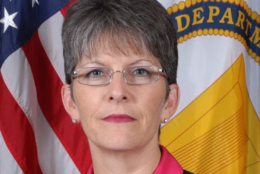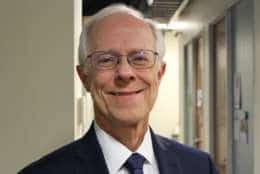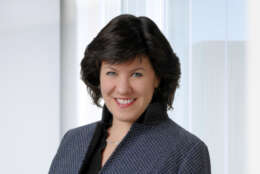Management
-
In today's Federal Newscast, the Office of Special Counsel issued a post-election Hatch Act advisory. The voting is over, so the OSC says it's ok to sport hats or T-shirts or to display pictures while you're on duty.
November 05, 2020 -
The Postal Service could've set up a way to track ballots that went through its expedited process, but an agency executive stressed USPS made the speed of delivery its top priority.
November 05, 2020 -
Federal unions, many good government groups and much of the media have attacked President Trump's proposal to make it easy to fire hundreds --if not thousands--of career feds now protected by civil service rules.
November 05, 2020 -
Behind every court procedure are carefully devised rules for judges and other court actors called the Federal Rules of Practice and Procedure. Brooke Coleman at the Seattle University School of Law says it's a select group who writes them.
November 04, 2020 -
The veterans population has seen growing numbers of lesbian, gay, bisexual and transgender people over time.
November 04, 2020 -
The debate over the Trump administration's order to create a new civil service Schedule F - most of it has focused on the effects on career employees. But what about the public?
November 04, 2020 -
The Postal Service, in the hours leading up to polls closing, will sweep 220 mail-processing facilities for any remaining undelivered ballots in a dozen of its districts, following an order from a federal court judge Tuesday.
November 03, 2020 -
Employees involved in the Veterans Health Administration's Innovation Ecosystem are pivoting their projects and creating new ones to respond to the pandemic. VA leaders say the pandemic underscores the importance of its efforts to build up an infrastructure that's supportive of employee-led innovation.
November 03, 2020 -
Nearly a year after the governmentwide Chief Data Officers Council held its first meeting, members are looking to move agencies beyond “quick wins” and one-off solutions to build stronger data literacy.
November 03, 2020 -
Just how big is the federal government? If you count contractors and grantees, it ranges from 9 million people to more than 11 million.
November 03, 2020 -
The National Academy of Public Administration has published a long list of ideas for the administration that begins this coming January.
November 03, 2020 -
The election outcome will have big consequences for nearly every segment of the economy, including federal contractors and the rules they and the government operate under.
November 03, 2020 -
A proposed Securities and Exchange Commission rule change would limit whistleblower payouts, seeming to disincentive the very whistleblowers the SEC relies on.
November 02, 2020 -
The Postal Service is looking to make the most of its massive delivery network by expanding its portfolio of services to include biometrics and geospatial data.
November 02, 2020 -
Agencies practically went from zero to 100 on telework this spring. So what's next for the future of remote work?
November 02, 2020

